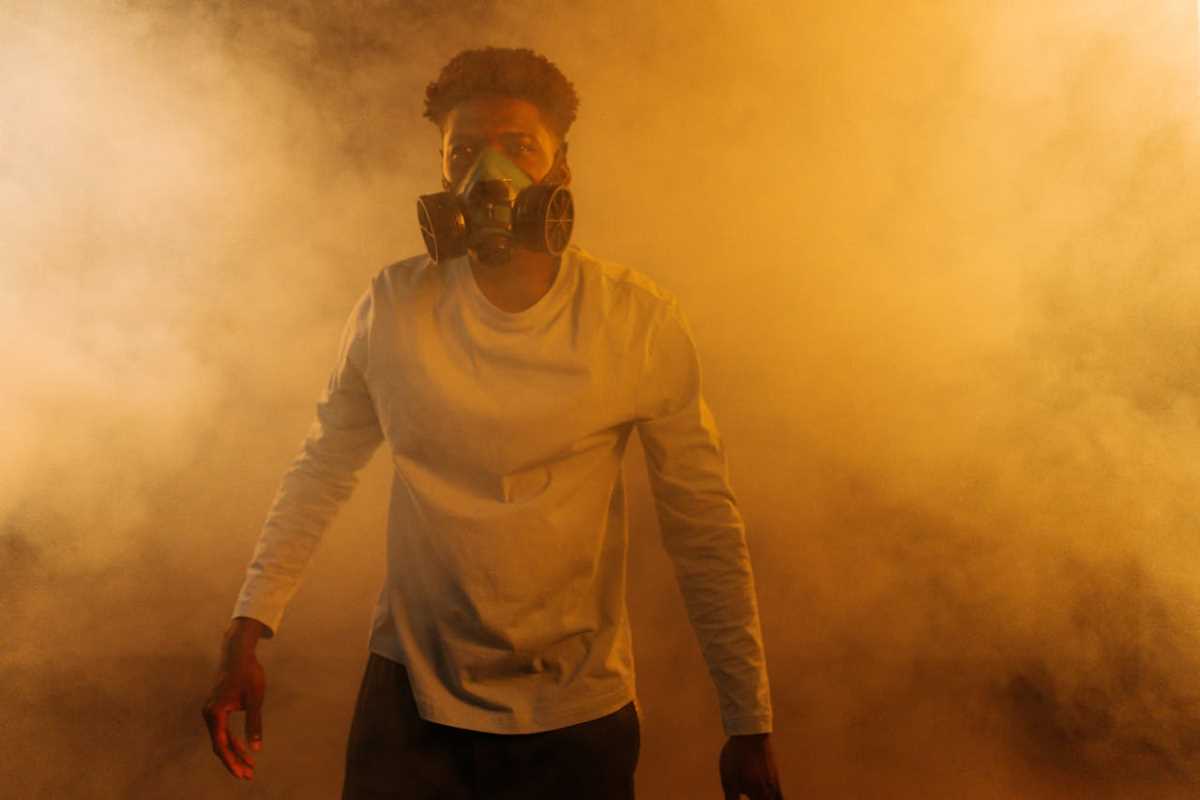The professional world often teaches us to build a suit of armor. We are encouraged to appear confident, capable, and always in control. The idea of showing vulnerability—admitting we do not know something, asking for help, or sharing a mistake—can feel like a career-limiting move. This traditional view of professionalism, however, is outdated. True strength in the modern workplace is not about being flawless; it is about being human. Embracing vulnerability is not a sign of weakness. It is the foundation for building trust, fostering innovation, and creating deeper connections with your team. This article will show you why vulnerability is a professional superpower and provide practical ways to start embracing it at work.
What Vulnerability at Work Really Looks Like
Vulnerability is often misunderstood as oversharing or emotional dumping. In a professional context, that is not what it means at all. Workplace vulnerability is about having the courage to show up as your authentic self, imperfections and all. It is the emotional exposure that comes with taking risks without knowing the outcome. It is a calculated act of openness that serves to build trust and psychological safety.
Think of it this way: vulnerability is not complaining about your bad day to everyone in the office. Instead, it is saying in a team meeting, "I'm not sure I have the answer to that. Can someone help me think through this?" or admitting, "I made a mistake on that report, and I'm already working on a solution."
This kind of openness requires immense strength. It takes courage to be imperfect in a culture that often demands perfection. The reward for this courage is a more connected, collaborative, and innovative work environment.
The Power of Vulnerability in Building Trust
Trust is the currency of any successful team. Without it, collaboration breaks down, communication falters, and people operate in silos. Vulnerability is the fastest path to building genuine trust. When you are willing to be vulnerable, you signal to others that you are authentic and trustworthy.
Imagine a leader who openly shares a past failure and the lessons they learned from it. This act of humility does not make them look weak. It makes them look human and relatable. It shows their team that it is safe to take risks and that mistakes are seen as learning opportunities, not reasons for punishment. This creates a culture of psychological safety, where team members feel secure enough to voice new ideas, ask questions, and challenge the status quo without fear of negative consequences.
When colleagues are vulnerable with each other—admitting they are struggling with a task or asking for help—it fosters a sense of shared purpose. It breaks down the competitive barriers and replaces them with a supportive, "we're in this together" mentality.
How Vulnerability Sparks Innovation and Creativity
Innovation rarely happens without risk. It requires a willingness to try new things, experiment with unproven ideas, and potentially fail along the way. In a work environment where everyone is afraid to look incompetent, creativity is stifled. People will stick to the safe, tried-and-true methods rather than risk proposing a bold but uncertain idea.
Vulnerability creates the fertile ground that innovation needs to grow. When leaders and team members are open about their own uncertainties and mistakes, it gives everyone else permission to do the same. This environment encourages creative thinking and brave brainstorming sessions.
A team member might feel more comfortable saying, "I have a crazy idea, and it might not work, but what if we tried...?" This is the starting point for breakthroughs. By embracing the possibility of failure, vulnerability unlocks a team's full creative potential. It shifts the focus from "needing to be right" to "working together to find the best solution."
Strengthening Relationships and Team Cohesion
We connect with people on a human level, not on a level of perfection. Professional relationships that are purely transactional tend to be shallow and less effective. Vulnerability allows for deeper, more meaningful connections between colleagues.
When you share a personal challenge you overcame or admit to feeling overwhelmed, it invites empathy from your coworkers. It shows them the person behind the professional title. This authenticity helps break down hierarchies and fosters a genuine sense of camaraderie.
These stronger bonds lead to better teamwork. People are more willing to go the extra mile for colleagues they feel connected to. Communication becomes more open and honest, and conflicts are resolved more constructively because there is a foundation of mutual respect and understanding. A team that is connected on a human level is more resilient and better equipped to handle challenges together.
Practical Ways to Embrace Vulnerability at Work
The idea of being vulnerable can feel intimidating, but you can start with small, intentional steps. You do not need to share your deepest secrets to reap the benefits.
1. Ask for Help When You Need It
One of the simplest ways to practice vulnerability is to admit when you do not know something or when you need assistance. Instead of struggling in silence, try saying:
- "I'm having trouble with this part of the project. Could you walk me through your process?"
- "This is outside my area of expertise. Does anyone on the team have experience with this?"
This shows humility and a commitment to getting the job done right. It also respects the skills of your colleagues by inviting their expertise.
2. Own Your Mistakes
Everyone makes mistakes. The way you handle them is what defines your character. Instead of trying to hide an error or shift blame, take ownership of it directly and professionally.
- "I realize I made a mistake on that client email. I apologize, and I have already sent a correction."
- "My initial approach was not effective. I've learned from it, and here is how I plan to move forward."
This demonstrates accountability and integrity, which builds trust far more effectively than pretending to be flawless.
3. Share Your Learning Process
You can be vulnerable about your professional growth. Talk about a skill you are working on or a challenge you are trying to overcome.
- "I'm working on improving my public speaking skills, so I would really appreciate any feedback after my presentation."
- "I found that last project to be really challenging, but it taught me a lot about [a specific skill]."
This frames you as a lifelong learner and makes you more relatable.
4. Give and Receive Feedback with Openness
Both giving and receiving constructive feedback are acts of vulnerability. It requires you to be honest with others and open to hearing about your own areas for improvement. When receiving feedback, listen without becoming defensive. Thank the person for their input and reflect on it. This creates a culture where everyone feels safe to help each other grow.
 (Image via
(Image via





